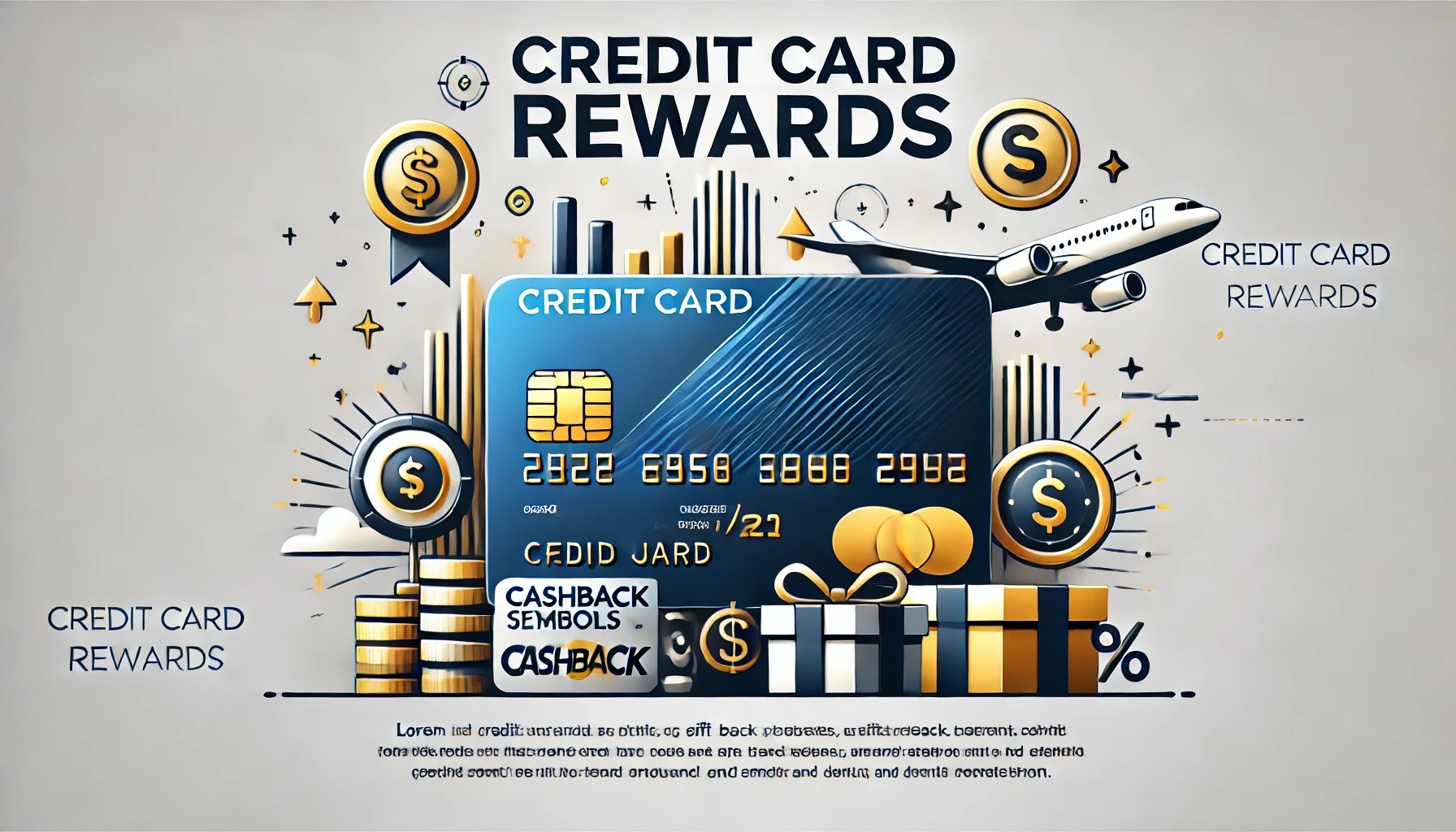Credit Card Rewards: Are They Just a Trap to Get You to Spend More?
By WB Loo | 2024-09-07
This page may contain some affiliate links. This means that, at no additional cost to you, Alpha Investing Group will earn a commission if you click through and make a purchase. Learn more

Credit card rewards can seem like the ultimate financial hack, offering free travel, cashback, and exclusive perks just for using your card.
But these seemingly generous offers are part of a carefully crafted strategy by banks and card companies. With billions of pounds spent annually on rewards programmes, it’s clear these incentives are designed to drive consumer behaviour. Studies show that people tend to spend more when using credit cards compared to cash, drawn in by the allure of rewards points. Understanding how these programmes work is crucial if you want to navigate them without falling into a spending trap. By looking closer, you’ll see that the real value of credit card rewards isn’t as straightforward as it appears.
So, how can you make the most of these rewards without letting them control your spending?
Interest Rates and Fees
Credit card rewards can quickly lose their shine when you consider the high interest rates and fees that often accompany them.
While the average cashback card offers 1-2% back on purchases, the average credit card interest rate hovers around 20%. This discrepancy means that carrying a balance can cost you far more than you earn in rewards. These hidden costs can easily surpass any benefits you might earn through points or cashback. If you’re not careful, the interest accumulated on an unpaid balance can nullify the rewards you've gained.
Credit card rewards can be enticing, but they’re only truly beneficial if you pay off your balance in full each month. Otherwise, the high interest rates and fees can easily outweigh any rewards you earn.
In essence, credit card rewards can only be a financial benefit if you’re disciplined about paying off your bill every time.
Spending Habits
Credit card rewards programmes are designed to incentivise spending, often leading consumers to purchase more than they otherwise would.
This increased spending can erode the financial benefits of the rewards. Many studies have shown that people are more likely to spend more when using credit cards instead of cash, driven by the psychological distance from the actual money being spent.
A classic example is the tendency to splurge on luxury items or unnecessary purchases to hit a rewards milestone. This behaviour is known as the "reward justification effect," where the promise of rewards justifies otherwise questionable spending decisions. By making you spend more, the credit card companies win, and you may end up with less in your bank account.
The rewards that are meant to boost your savings might actually be contributing to unnecessary spending, potentially leading you further from your financial goals.
Psychological Impact
The allure of credit card rewards can have a profound psychological impact, subtly influencing how you manage your finances.
These rewards can create a sense of urgency and excitement that drives impulsive spending. This isn't just speculation; behavioural economics has shown that rewards activate the brain's pleasure centres, similar to how gambling does.
The anticipation of earning points or miles can lead to the so-called "points addiction," where consumers continually chase rewards at the expense of sound financial decisions. This constant chase can result in prioritising rewards over more important financial goals, like saving or investing. The psychological pull of rewards is strong because it taps into deep-seated emotional triggers, making it harder to resist overspending.
While rewards can be tempting, they can also manipulate your spending behaviour in ways that aren't always in your best interest.
Opportunity Cost
When you focus too heavily on credit card rewards, you might miss out on other, potentially more valuable financial opportunities.
This concept is known as opportunity cost, and it plays a significant role in personal finance. By concentrating on earning rewards, you could be neglecting more effective ways to grow your wealth, like paying down debt or investing.
For instance, instead of chasing points by spending an extra £500 on unnecessary purchases, you could invest that money in a savings account or stocks, which might yield higher returns over time. The opportunity cost here isn't just about lost money but also about lost time and financial growth.
It’s important to weigh the benefits of rewards against what you might gain by redirecting your focus and resources. Understanding this can help you make smarter financial decisions that align with your long-term goals.
Remember, the best reward might not come from your credit card but from your overall financial health.
Conclusion
In the end, credit card rewards can be valuable, but only if paired with financial discipline and literacy. Paying off your balance in full each month and understanding the true cost of rewards are essential. Without these, the allure of rewards can lead to unnecessary debt and financial strain.
Remember, rewards are only beneficial when you're in control — financial discipline and literacy are your best tools for making them work in your favour.
